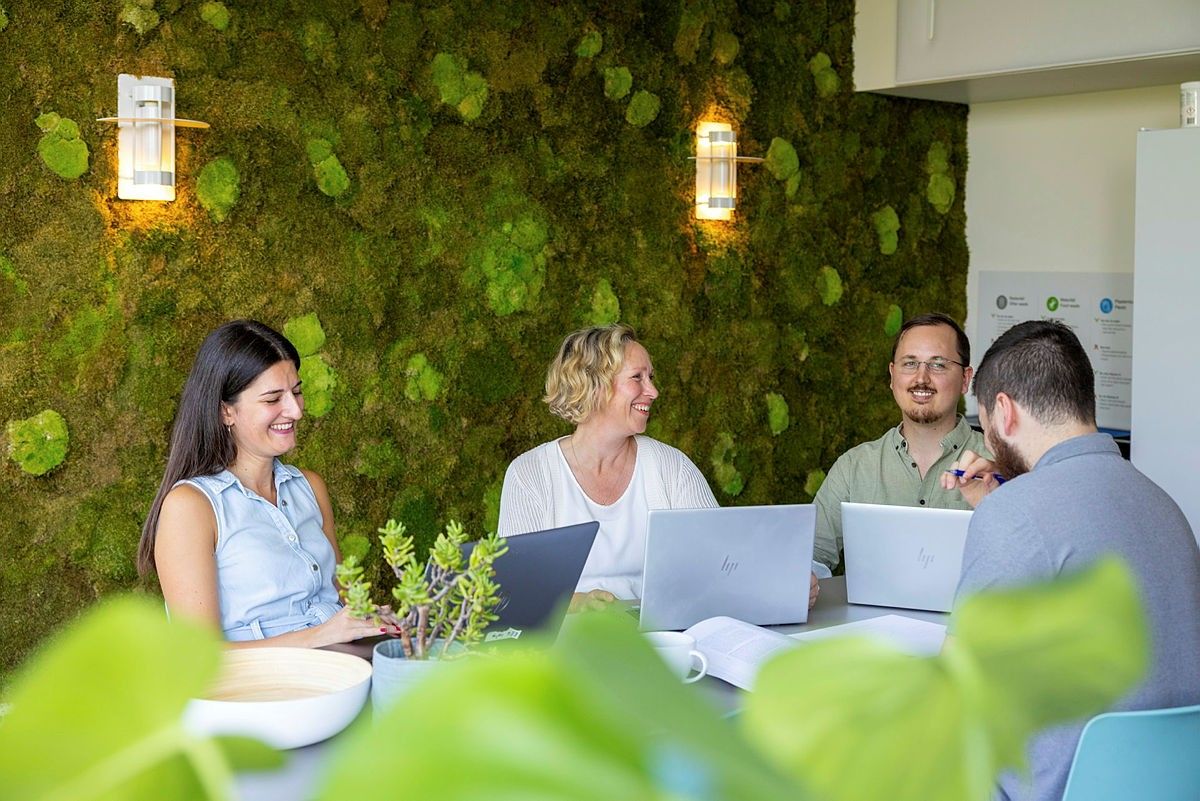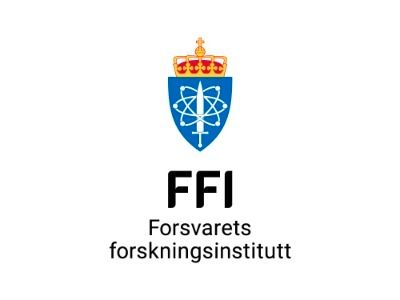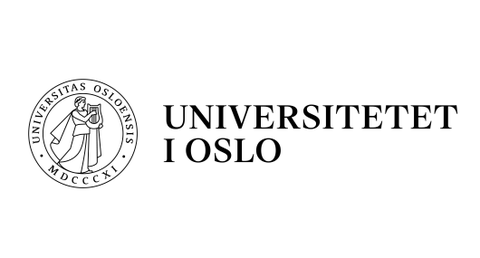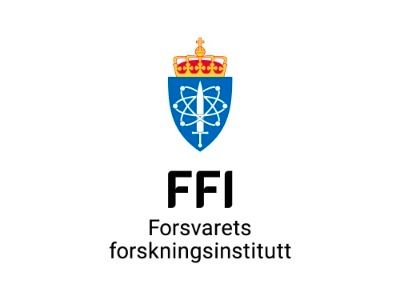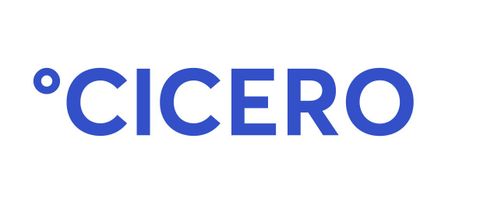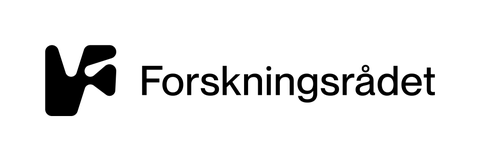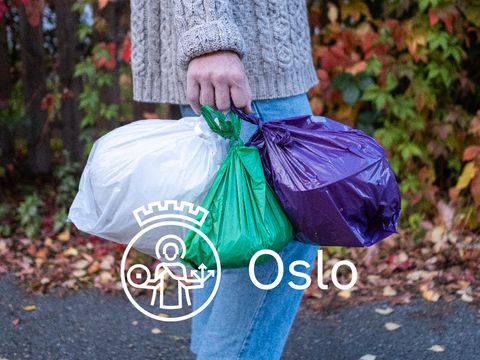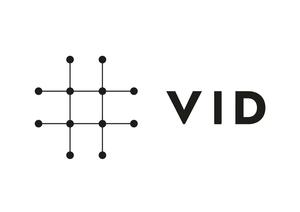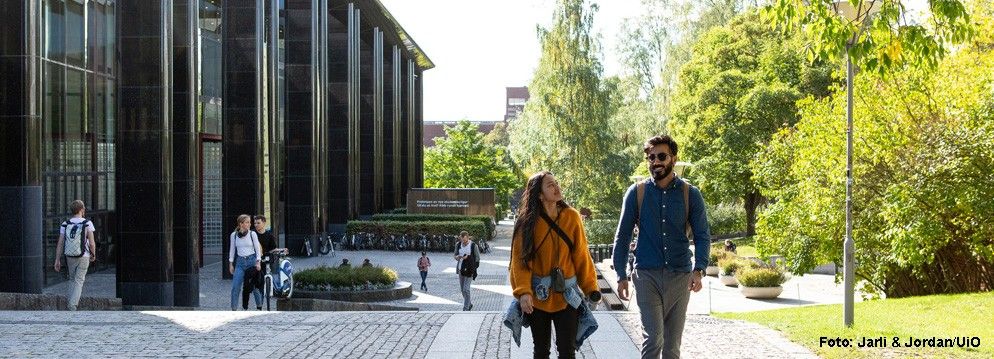
Researcher in satellite engineering
Universitetet i Oslo
- Frist 30.04.2025
- Ansettelsesform Engasjement
Researcher in Satellite Engineering
About the position
Position as Researcher available at the Centre for Space Sensors and Systems (CENSSS) at the Department of Technology Systems (ITS).
The position is for a period of 2 years.
Starting date no later than 01.11.2025.
Job description / Project description
Are you a system engineer with experience with space hardware who is interested in joining the satellite development and integration phase of a space mission? This job will launch you into a career in space technology, working with a competent and enthusiastic team with strong industry connections, and gaining hands-on experience with building satellites.
One position as Researcher is available at the Centre for Space Sensors and Systems (CENSSS) at the Department of Technology Systems (ITS). CENSSS is a Centre for Research-based Innovation (SFI), funded by the Research Council of Norway (RCN) and UiO, and partnering with several industrial partners and research institutions in the space industry. CENSSS is located at Kjeller, Norway, where there is a long history of space science and technology dating back to the 1960s.
CENSSS addresses challenges and opportunities in science, technology and business related to “New-Space" satellites and systems for Earth Observation, as well as Space Exploration, by focusing on novel sensors, systems and services. CENSSS is operating the RIMFAX ground penetrating radar on the NASA Perseverance Mars rover.
CENSSS currently develops the CENSSAT-1 mission, which is an 8U CubeSat mission hosting different payloads. The appointment is for a full-time position to work on the CENSSAT-1 mission for a period of two years. The preferred starting date is in August 2025.
Main responsibilities
The available researcher position is part of the CENSSAT team, developing a cube-satellite that will investigate the correlation between solar activity and atmospheric response. Payloads on this satellite are a novel radiation detector, a plasma probe, and a multispectral camera, as well as a space debris detector.
The research work will include several of the following topics and tasks:
1. Systems engineering and development
- Contribute to the engineering and development of CENSSAT-1 payloads.
- Define and maintain the Manufacturing, Assembly, Integration, and Verification Plan (MAIVP) at both system and subsystem levels.
- Develop test plans and procedures for subsystem and system-level testing.
2. Integration and testing
- Integrate subsystems and payloads into the flatsat model for system verification.
- Support payload teams with electrical and data communications interfaces.
- Develop and conduct functional verifications for the on-board data handling system, including software development and communication protocols.
- Integrate subsystems and payloads into the flight model, following procedures and resolving potential anomalies.
3. Environmental testing and verification
- Plan, execute, and support environmental test campaigns at both subsystem and system levels.
Qualification requirements
The Faculty of Mathematics and Natural Sciences has a strategic ambition of being a leading research faculty. Candidates for these fellowships will be selected in accordance with this and expected to be in the upper segment of their class with respect to academic credentials.
- Applicants must hold a degree equivalent to a Norwegian master's degree in engineering, computer science, physics or a field related to space systems engineering.
- Fluent oral and written communication skills in English. Knowledge of a Scandinavian language is beneficial but not demanded.
- The research area for the position can include technologies or information referred to in the Ministry's export control regulations or the Norwegian National Security Act (Lov om Nasjonal Sikkerhet, a.k.a. “Sikkerhetsloven"), and the candidate must be eligible for a Norwegian security clearance.
Desired skills:
In addition to the qualification requirements, the ideal candidate will have experience in one or more of the following:
- Knowledge of space systems engineering.
- Hands-on experience in testing and handling of engineering and flight models of spacecraft equipment, preferably CubeSats.
- Experience in working in a clean room environment.
- Experience with signal processing.
- Experience working with embedded systems
- Experience with CubeSat communication protocols, particularly CSP, CAN, RS422, and/or ethernet.
Personal skills
- Ability to take initiative and come up with new ideas to solve theoretical and practical problems.
- Ability to work independently as well as in a team.
- Good personal communication skills.
We offer
- Exciting and meaningful tasks in an organization with an important societal mission, contributing to knowledge development, education, and enlightenment that promote sustainable, fair, and knowledge-based societal development.
- Committed colleagues in a good working environment.
- Professionally stimulating working environment.
- Vibrant international academic environment.
- Good welfare schemes. (https://www.uio.no/english/for-employees/employment/welfare/index.html)
- Opportunity of up to 1.5 hours a week of exercise during working hours. (https://www.uio.no/english/for-employees/employment/welfare/exercise/)
- A workplace with good development and career opportunities.
- Membership in the Statens Pensjonskasse (https://www.spk.no/en/), which is one of Norway's best pension schemes with beneficial mortgages and good insurance schemes.
- Salary in position as Researcher, position code 1108 in salary range NOK from 536 200 to 575 400, depending on competence and experience. From the salary, 2 percent is deducted in statutory contributions to the State Pension Fund.
Read more about the benefits of working in the public sector at Employer Portal (http://arbeidsgiver.difi.no/lonn-goder-og-reise).
Inclusive worklife and diversity at UiO
Inclusion and diversity are a strength. The University of Oslo has a personnel policy objective of achieving a balanced gender composition. Furthermore, we want employees with diverse professional expertise, life experience and perspectives.
If there are qualified applicants with disabilities, employment gaps or immigrant background, we will invite at least one applicant from each of these categories to an interview.
We hope that you will apply for the position.
Application
Your application should include:
- Cover letter (statement of motivation, summarizing previous work and research interest).
- CV (summarizing education, positions, pedagogical experience, administrative experience and other qualifying activity).
- Copies of educational certificates, academic transcript of records and letters of recommendation.
- Names and contact details of 2-3 references (name, relation to candidate, e-mail and telephone number).
The application with attachments must be delivered in our electronic recruiting system, please follow the link “apply for this job". Foreign applicants are advised to attach an explanation of their University's grading system. Please note that all documents should be in English (or a Scandinavian language).
General information
In assessing the applications, special emphasis will be placed on the documented, academic qualifications, the project description (whenever this is required in the call for applicants), and the quality of the project as well as the candidate's motivation and personal suitability. The best qualified candidates will invited for interviews.
Applicant lists can be published in accordance with Norwegian Freedom of Information Act (https://lovdata.no/dokument/NLE/lov/2006-05-19-16) § 25. When you apply for a position with us, your name will appear on the public applicant list. It is possible to request to be excluded from this list. You must justify why you want an exemption from publication and we will then decide whether we can grant your request. If we can't, you will hear from us.
Please refer to Regulations for the Act on universities and colleges chapter 3 (https://lovdata.no/dokument/SF/forskrift/2024-06-28-1392/KAPITTEL_3#KAPITTEL_3) (Norwegian) and Rules for the use of research posts SKO 1108, 1109, 1110 and 1183 at UiO. (https://www.uio.no/english/about/regulations/personnel/academic/rules-use-research-post.html)
The University of Oslo has a transfer agreement (https://www.uio.no/english/for-employees/employment/work-results/agreement-rights-to-work-results.html) with all employees that is intended to secure the rights to all research results etc.
Om arbeidsgiveren
The University of Oslo is Norway’s oldest and highest rated institution of research and education with 28 000 students and 7500 employees. Its broad range of academic disciplines and internationally esteemed research communities make UiO an important contributor to society.
The University of Oslo (UiO) is expanding the activity at Campus Kjeller to strengthen our education, research, and innovation in technology for a sustainable future. UiO is a well-ranked research university where the Department of Technology Systems at Kjeller (ITS) is focused on applied research in sustainable energy, autonomous systems, space, and security. At Kjeller, ITS is co-located with the Norwegian Defense Research Establishment (FFI) and the Institute for Energy Technology (IFE), which both offer rich opportunities for collaboration. ITS also has a range of interdisciplinary research collaborations that include the UiO Blindern Campus and Oslo Science City, as well as many other national and international institutions and industries.
ITS offers several master level programmes, alone and jointly with other departments: Renewable energy systems, Cybernetics and autonomous systems, Robotics and intelligent systems, and Information security. ITS also hosts the Centre for Space Sensors and Systems (CENSSS), which incorporates operation of an instrument on the NASA Perseverance rover on Mars. A new master program in Space systems is in the planning stage. The department currently has 9 permanent scientific staff, approximately 35 adjunct staff from the research institutes at Kjeller and from industry, as well as about 20 PhD candidates. This position is part of an ongoing expansion of the UiO activity at Campus Kjeller. Campus Kjeller is located 20 km northeast of Oslo, between the city center and Oslo Airport. It is a 20 minutes commute with public transportation from Oslo city center to the campus.
- Sektor: Offentlig
- Sted: Gunnar Randers vei 19, 2007 Kjeller
- Bransje: Forskning, utdanning og vitenskap, Offentlig administrasjon
- Stillingsfunksjon: Forskning/Stipendiat/Postdoktor
Annonseinformasjon
- FINN-kode 401252723
- Sist endret
